Unifying India’s elections: A bold leap forward
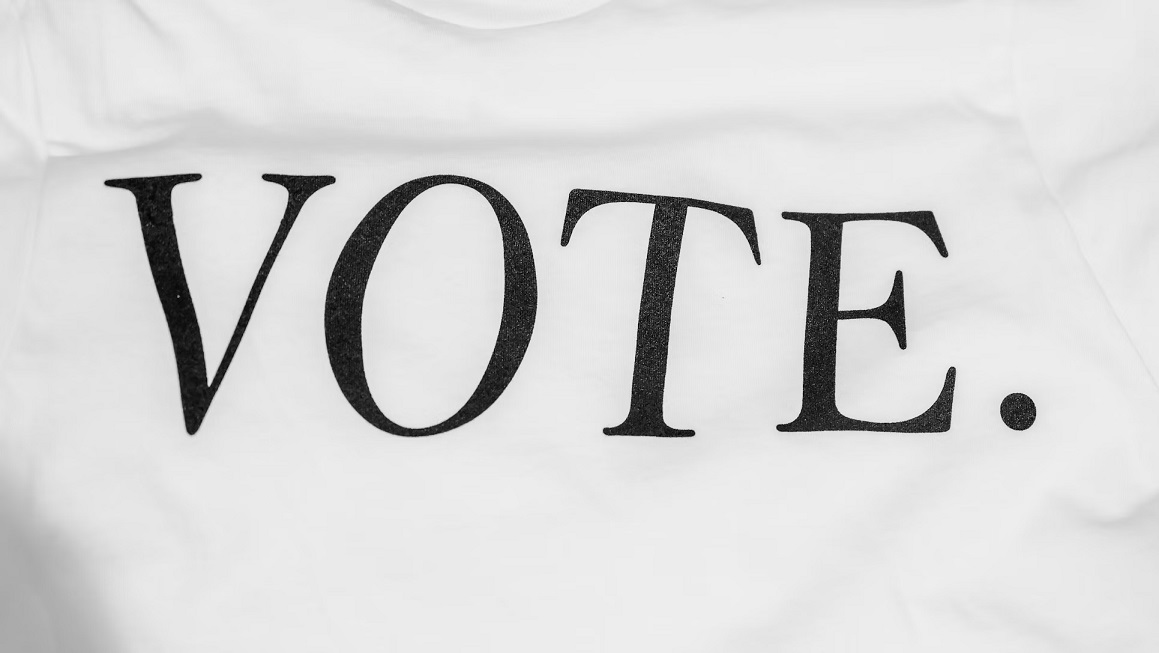
The recent push for One Nation, One Election in India, led by former President Ram Nath Kovind’s committee, is sparking a heated debate nationwide.
The proposal suggests synchronizing Lok Sabha and Assembly polls, aiming for efficiency and reduced costs.
Yet, it faces constitutional and practical hurdles, underlining the complex dance between financial prudence and democratic principles.
The committee, after consulting with many people like economists, political parties etc., endorses simultaneous elections.
It proposes that Lok Sabha and Assembly elections occur together, followed by local body elections 100 days later.
This recommendation comes amidst concerns over the constitutional amendments needed to realign electoral cycles.
The ‘One Nation, One Election’ concept, part of the BJP’s 2019 manifesto, promises significant savings for the public exchequer and political parties.
It also aims to minimize the frequent imposition of the Code of Conduct, which can delay welfare schemes.
Moreover, the government believes that this consolidation could boost voter turnout, enhancing democratic participation.
However, the path to implementation is fraught with legal complexities. Amending key constitutional articles is necessary, requiring unanimous approval from states and union territories.
Critics argue that the proposal could undermine India’s federal structure and disrupt the democratic process.
The possibility of no-confidence motions and the dissolution of governments before their term poses additional challenges.
In 2015, the Election Commission of India suggested measures to address these issues, such as nominating a new leader alongside a no-confidence motion.
Yet, opposition remains strong. Leaders like Mamata Banerjee and MK Stalin viewed the proposal as a threat to democratic decentralization, fearing it could pave the way for autocracy.
Despite these objections, some parties in regions like Jammu and Kashmir see merit in the initiative, advocating for its introduction in the union territory.
This mixed response underscores the delicate balance between achieving electoral efficiency and preserving the constitutional and democratic fabric of the nation.
One Nation, One Election presents a bold vision for India’s electoral future.
While the potential benefits are significant, achieving consensus among the myriad political and legal landscapes remains a daunting task.
The journey towards synchronizing India’s elections is a testament to the ongoing dialogue between tradition and reform in the world’s largest democracy.
Photo by Cyrus Crossan on Unsplash (Free for commercial use)
Image Reference: https://unsplash.com/photos/black-and-white-love-print-crew-neck-shirt-ZqsY740eAOo


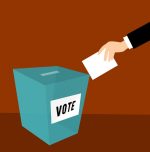

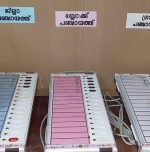
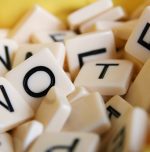

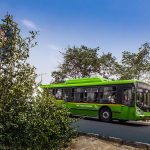


Leave a Reply